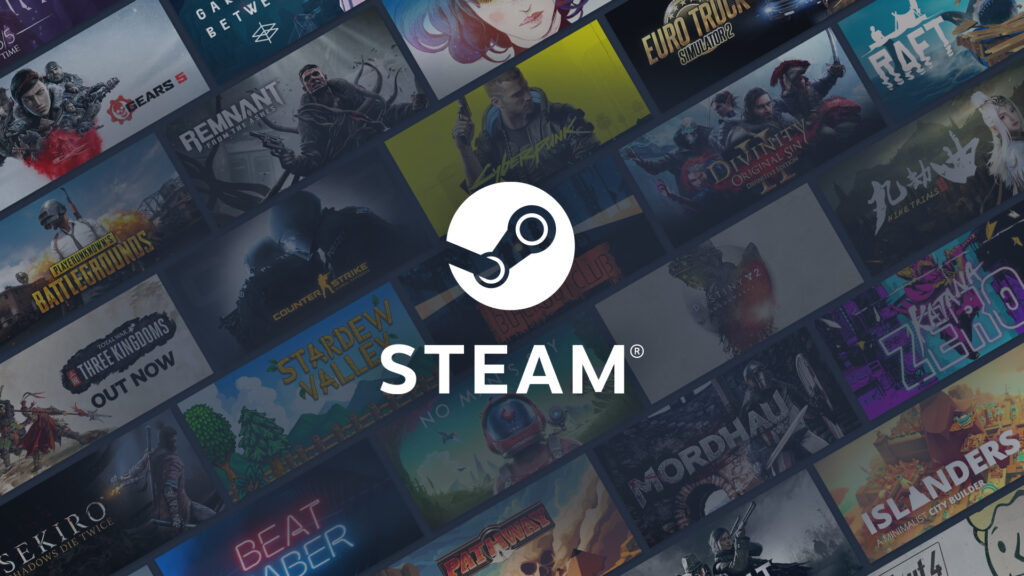The gaming industry, once dominated by a few major players, has seen a significant shift over the past decade. Small game companies are increasingly making their mark, delivering innovative and unique gaming experiences that often rival or even surpass those from established giants.
These indie developers are reshaping the market and redefining what it means to create and play video games. They have essentially shifted the focus of the market from big-budget AAA games to indie games that focus on storytelling and replay value.
So let’s dive into the world of small game companies, study how they develop their games, and learn what types of innovations their projects brought to the industry as a whole.
Read also: A guide to indie game development in 2024
Small game companies: the indie revolution
The rise of small game companies can be traced back to the early 2000s, with the advent of digital distribution platforms.
The most prominent of these platforms is Steam, launched by Valve in 2003. Steam has provided an avenue for indie developers to distribute their games without the need for a traditional publisher. The success of titles like Braid, Super Meat Boy, and Minecraft in the late 2000s showcased the potential for indie games to achieve critical and commercial success.

This revolution was further fueled by the growth of mobile gaming and the accessibility of game development tools. Engines like Unity and Unreal Engine democratized game development, allowing small teams or even solo developers to create high-quality games without a massive budget.
Crowdfunding platforms such as Kickstarter also played a pivotal role, enabling developers to fund their projects through direct support from future players. This created a strong sense of community tied to the games, which in turn increased their popularity and organic marketing, contributing to their commercial success.
And speaking of marketing, the emergence of social media and streaming platforms like YouTube and Twitch provided indie developers with powerful marketing tools.
These platforms allowed developers to reach a global audience, generate buzz, and build communities around their games. Influencers and content creators often showcased indie games, amplifying their visibility and popularity.
But by far, the most important aspect that has contributed to the popularization of indie games was the cultural shift towards valuing creativity and innovation in gaming over high-budget production values.
This has opened doors for unique and experimental games. Small game companies often pushed the boundaries of game design, exploring new mechanics, narratives, and artistic styles that mainstream studios might avoid due to risk aversion.
The rise of small game companies reflects a broader democratization of the gaming industry, where creative individuals and small teams can compete on a more level playing field, driven by passion, innovation, and direct engagement with their audience.

Product development in small game companies
One of the hallmarks of small game companies is their ability to take risks and innovate. Without the pressure of pleasing a broad market or adhering to the demands of large investors, indie developers have the freedom to explore unconventional gameplay mechanics, storytelling techniques, and artistic styles.
Believe it or not, this creativity margin has led to the creation of some of the most beloved and critically acclaimed games of recent years.
One example is Celeste, which was developed by a small team and received widespread acclaim for its challenging platforming gameplay and heartfelt narrative about mental health. Another example is Hades, which combined rogue-like elements with rich storytelling and received numerous Game of the Year awards. The success has allowed for the development of a recently launched sequel called Hades II.
However, this relative freedom when compared to the big-budget industries comes, quite literally, with a price. Financial stability is a constant concern in small game companies – as a single unsuccessful project can jeopardize the entire future of the studio. That’s why marketing is so important to small game companies, and in it lies their biggest challenge!
Read also: How much to become an Android game developer in 2024?
The marketing battle
Marketing and visibility are big hurdles for small game companies. Standing out in a crowded market dominated by AAA titles requires strategic promotion and often relies on word-of-mouth and community support.
To address these challenges, many small game companies adopt flexible business models. This includes releasing smaller, episodic content, leveraging partnerships with larger publishers for funding and distribution, or diversifying revenue streams through merchandise and expansions.
Additionally, platforms like itch.io provide a space for experimental and niche games to find their audience without the pressure of mainstream appeal.
To overcome this marketing issue, small game companies need to leverage social media, gaming forums, and platforms like Discord to build a community and generate buzz around their game. Engaging with potential players early on can create a loyal fan base.
Participating in indie game festivals, expos, and online showcases is another possible strategy, which provides exposure and can attract attention from both players and potential investors or publishers.
Read also: Indie x AA x AAA Games – Complete Guide

The future of small game companies
The future looks promising for small game companies. The continued growth of digital distribution, the proliferation of gaming platforms, and the ongoing support from dedicated gaming communities ensure that indie developers will remain a vital part of the industry.
As technology advances, the tools available for game development will become even more accessible, empowering a new generation of creators to push the boundaries of interactive entertainment.
Meet Main Leaf Games!
And we here at Main Leaf, being a small game company ourselves, are very excited about being part of this future. In our past 12 years of experience in the game development industry, we have witnessed firsthand the rise of many small game companies, and we know the future holds even more promises.
Therefore, if you are interested in exploring partnership opportunities within the dynamic realm of video game development, you can count on us. At Main Leaf, with over 11 years of industry expertise, we understand the value of collaboration in driving successful projects forward – so reach out to us today to initiate a dialogue and begin sketching your next game with a professional team. We’ll answer you within 24 hours!
Also, if you liked this article, check other articles in our blog, where we discuss many other subjects relating to the world of video game development.

